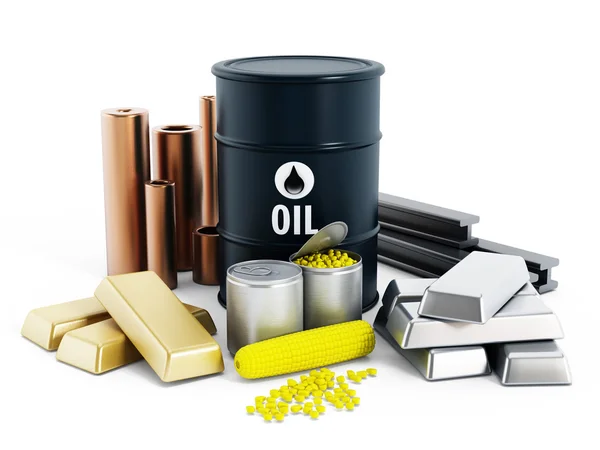

Trade commodities CFDs
with us
What is commodities trading?
Hard and soft commodities are the two main categories of commodities that are sold on the international market. Commodities are necessary raw resources. Natural resources that are extracted or mined, such as gold, silver, oil, or natural gas, are referred to as hard commodities. Conversely, agricultural goods or livestock such as coffee, soybeans, cotton, or sugar are considered soft commodities.
The change in commodities Trading CFDs is based on the difference in price between beginning and closing positions. The procedure comprises purchasing or disposing of contracts that represent a particular amount of the underlying commodity.


Why Optima Broker for commodity trading?
Engage in margin trading for commodities at Optima Broker – choose your preferred leverage, with a maximum of up to 500:1*. Enjoy increased flexibility and control in your trading pursuits.
Swift trade execution with low latency and efficient price feeds ensures prompt capitalization on market opportunities and optimal decision-making for your trading strategy.
At Optima Broker, you have the flexibility to go long or short on commodities, enabling you to navigate price movements and leverage market fluctuations effortlessly.
Explore ideal trading conditions for your investment portfolio with our tight and competitive spreads, available across our comprehensive range of commodities.
Benefit from reduced trading expenses with our low latency and efficient price feeds, ensuring swift trade execution for an optimal trading experience.


Frequently asked questions
Commodities are physical objects that are actively traded on different commodity markets. They are often divided into two categories: soft commodities and hard commodities.
Natural resources acquired through mining or extraction procedures, such as oil, gold, and rubber, are examples of hard commodities. Conversely, grown agricultural goods like sugar, wheat, cotton, and coffee are considered soft commodities as opposed to mining ones.
Buying and selling these basic resources in a market is known as commodities trading. One may do this to speculate on future movements or as a hedge against price variations. Trading commodities gives dealers a way to diversify their financial holdings. Optima Broker's CFD trading platform allows traders to trade both soft and hard commodities, providing a flexible method of commodity trading.
Are you ready to get started?
Ensure you are well-prepared and equipped with the necessary knowledge and tools to embark on your trading journey. Familiarize yourself with the specifications for global indices, including details about index composition, calculation methodology, trading hours, and contract sizes.
Step 1: Sign Up
Fill out our application, then have your profile verified.
Step 2: Fund Your Account
Finance your trading account using a diverse selection of deposit methods.
Step 3: Start Trading
Take advantage of spreads as little as 0.0 when trading and have access to over 1,000 CFD instruments.